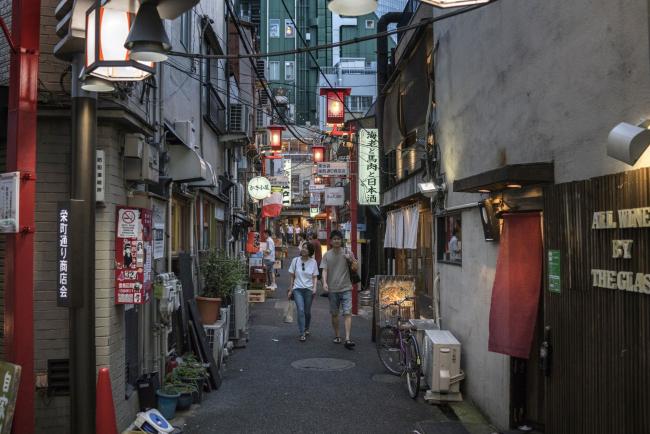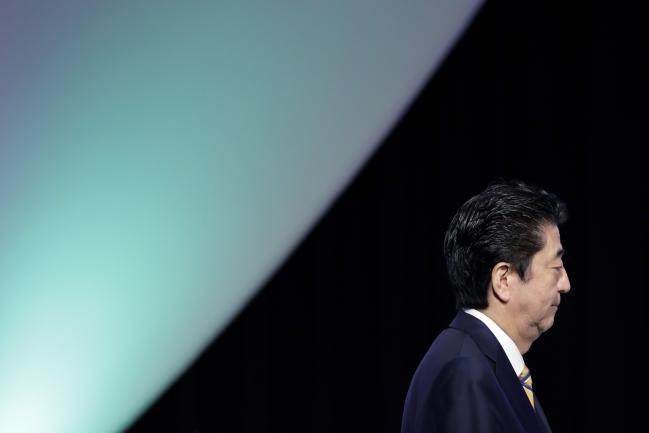(Bloomberg) -- Japanese Prime Minister Shinzo Abe Thursday announced a stimulus package to support growth in an economy contending with an export slump, natural disasters and the fallout from a recent sales tax increase.
The total package is worth about 26 trillion yen ($239 billion) and will include 13.2 trillion yen in fiscal measures and 9.4 trillion yen in fresh spending, according to a draft seen by Bloomberg. The measures will boost real growth by about 1.4 percentage point, the draft said.
The package is designed to aid disaster relief, protect against downside economic risks and prepare the country for what comes after the 2020 Tokyo Olympics, Abe said.
“We were able to put together a strong policy package,” Abe said. “We will take decisive fiscal measures worth 13 trillion yen by combining a new extra budget for the current fiscal year and special measures in the next budget year.”
Of the fiscal measures, government loans and investment programs would amount to 3.8 trillion yen. The measures would be funded by an extra budget for the current fiscal year and by next year’s budget. The extra budget for the current fiscal year will be around 4.3 trillion yen, according to the draft.
With the package, Abe looks intent on minimizing the risk of a recession that would tarnish the record of his Abenomics growth program, while shoring up his own political support after recent scandals. To that end, an array of measures with a large price tag that can be paid for with the bare minimum of extra borrowing would fit the bill for a country with the developed world’s largest debt load.
Japan’s economy is forecast to shrink 2.7% in annualized terms this quarter, following the tax hike and a destructive typhoon, according to economists surveyed by Bloomberg. The package would aim to get Japan’s economy up and running again and avoiding a further deterioration in global demand triggering a recession early next year.
Japan’s Government Calls for Decisive Fiscal Action
The headline figure is typically inflated with promised loans and private-sector assistance. The 13 trillion yen in fiscal measures is roughly in line with the scale of a 2016 package, but the size of the extra budget is larger than the 3.5 trillion yen required then.
What Bloomberg’s Economist Says
“Japan’s latest economic package isn’t likely to boost growth by much, but it should be enough to avoid a contraction this quarter turning into a recession early next year. That said, Prime Minister Shinzo Abe may need to ramp up the fiscal stimulus in 2020 if overseas demand deteriorates again.”
--Yuki Masujima, economist
Click here to read more.
(Adds comment from Prime Minister Abe and details from draft)

